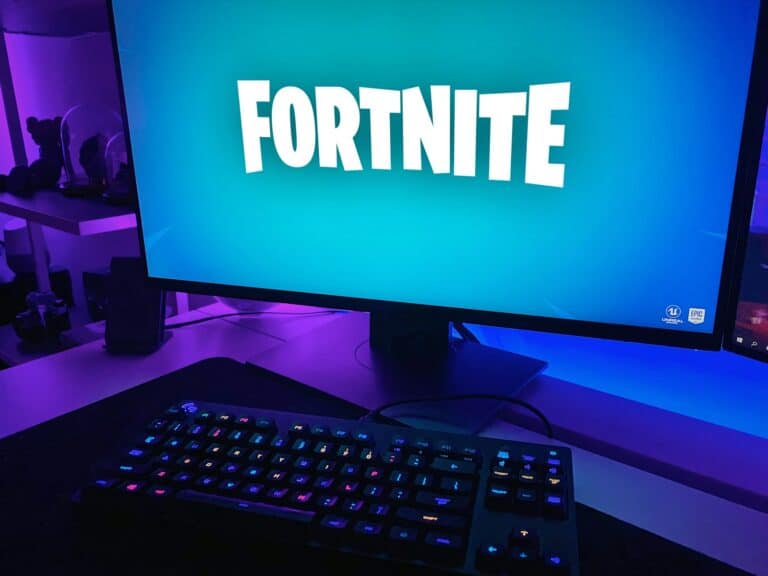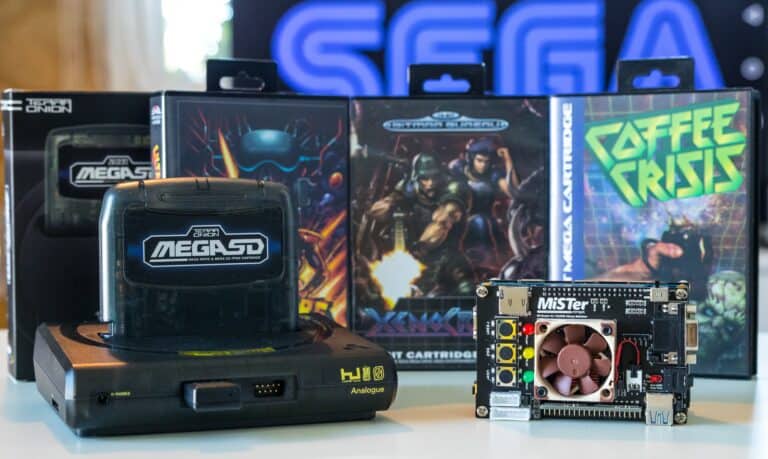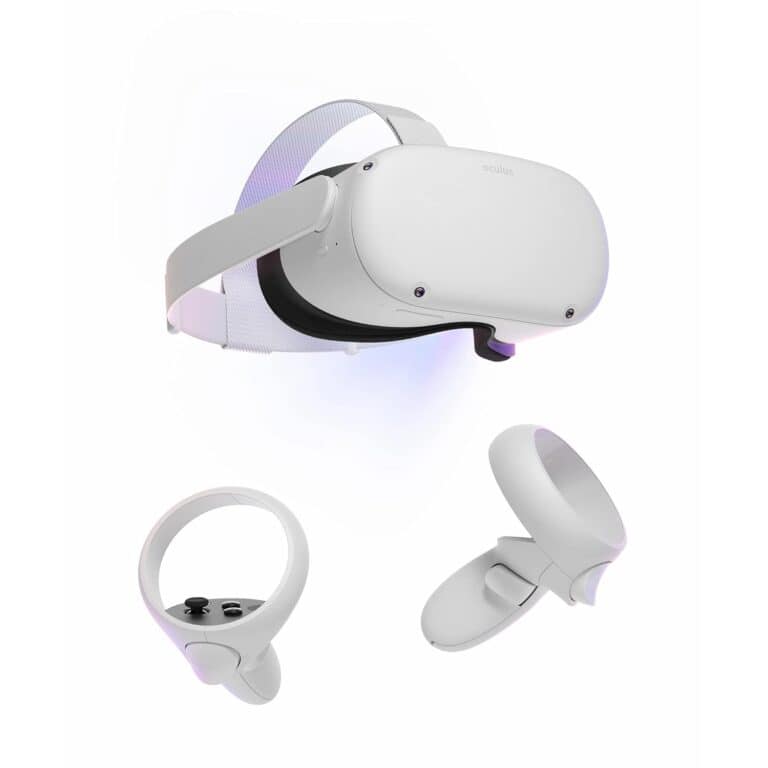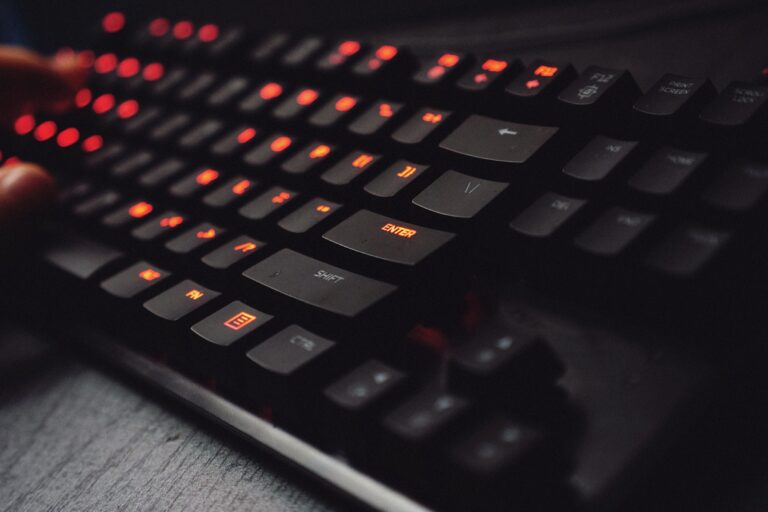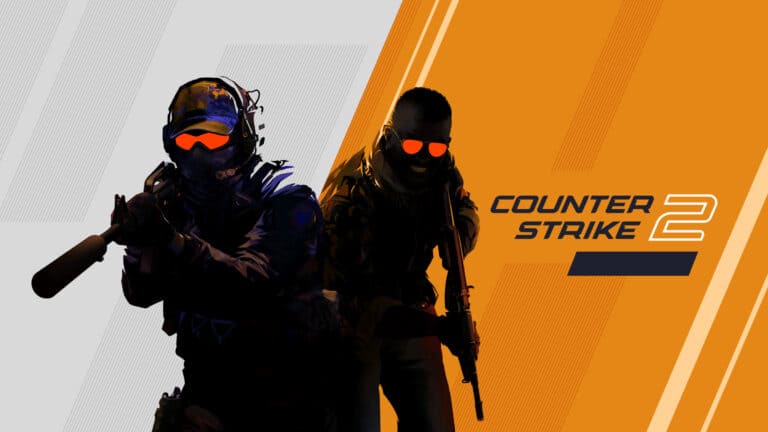For years, gamers considered Linux a poor choice for PC gaming. That has changed dramatically. Thanks to tools like Steam Play (Proton), Wine, Lutris, and native Linux game support, Ubuntu has become one of the best platforms for gaming outside of Windows. If you’re curious about running your favorite titles on Ubuntu, this guide will walk you through everything you need to know.
Why Game on Ubuntu?
Ubuntu is one of the most popular Linux distributions, known for its ease of use, hardware compatibility, and large community support. For gamers, Ubuntu offers:
- Free and open-source OS – no licensing costs.
- Access to Steam’s Proton compatibility layer – play thousands of Windows-only games.
- Better system performance – less background bloat compared to Windows.
- Customizability – fine-tune your system for maximum FPS.
Setting Up Ubuntu for Gaming
1. Keep Your System Updated
Run the following commands to ensure your system and drivers are current:
sudo apt update && sudo apt upgrade -y
2. Install GPU Drivers
- NVIDIA users: Install proprietary drivers via Software & Updates → Additional Drivers.
- AMD users: Most drivers are included in the Linux kernel, but updating Mesa can improve performance:
sudo add-apt-repository ppa:kisak/kisak-mesa
sudo apt update
sudo apt upgrade
3. Install Steam
Steam is the backbone of Linux gaming. Install it with:
sudo apt install steam
Enable Steam Play (Proton) under Settings → Compatibility to run Windows games.
Running Windows Games on Ubuntu
Thanks to Proton (a compatibility layer developed by Valve), you can play many popular Windows titles like Cyberpunk 2077, Elden Ring, and GTA V on Ubuntu (source: HowToGeek).
For games not on Steam, you can use:
- Lutris – an open-source game manager that supports Steam, Epic Games, GOG, and more.
- Wine – runs Windows applications directly on Linux.
- Heroic Games Launcher – a user-friendly way to run Epic and GOG libraries.
Performance Optimization Tips
- Enable GameMode:
sudo apt install gamemode
This optimizes CPU and GPU resources during gameplay.
- Use Feral Gamemode + MangoHUD: Monitor FPS, temps, and performance metrics.
- Switch to a low-latency kernel for smoother performance in some cases.
Popular Games That Work on Ubuntu
Some of the most popular titles that run well on Ubuntu in 2025 include:
- Counter-Strike 2
- Dota 2
- Rocket League
- Cyberpunk 2077
- Elden Ring
- The Witcher 3
- GTA V
(Compatibility can be checked on ProtonDB).
The Future of Gaming on Ubuntu
Linux gaming has gone from niche to mainstream. With Valve’s Steam Deck running Linux-based SteamOS, developers are paying more attention to Linux support. Ubuntu, being one of the most user-friendly distros, is an excellent choice for both newcomers and experienced Linux gamers.
Final Thoughts
PC gaming on Ubuntu Linux is no longer just for enthusiasts—it’s a real alternative to Windows. With the right setup, you can enjoy thousands of games, improved system performance, and the freedom of open-source software. Whether you’re a casual gamer or a hardcore enthusiast, Ubuntu is ready for your next gaming session.
✅ In summary: Install Ubuntu, update your GPU drivers, grab Steam, enable Proton, and you’re ready to dive into modern PC gaming without leaving Linux.



